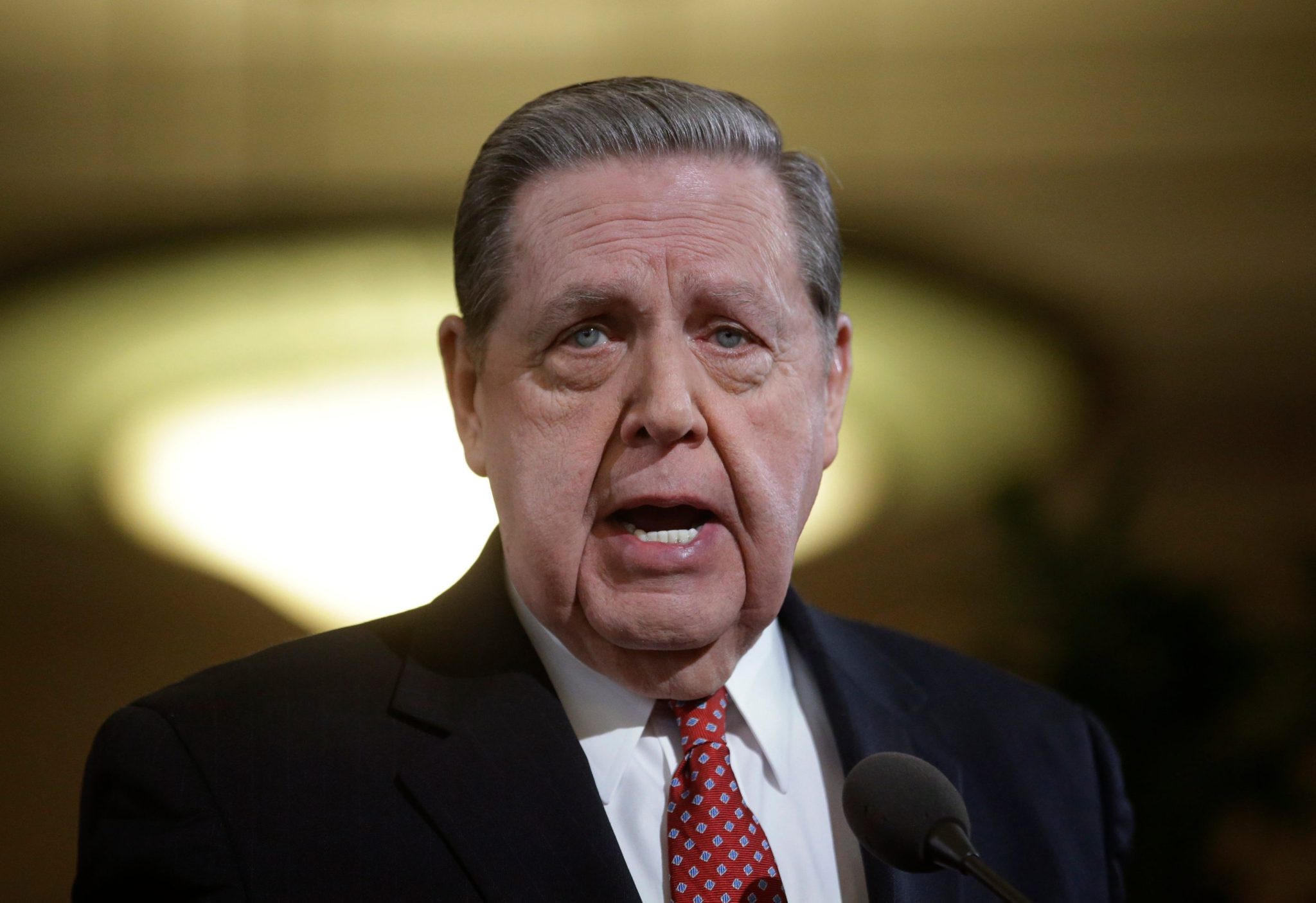
In 2024, tensions in space are poised to reach boiling point as the sector continues to expand. In recent years space has become increasingly dominated by a handful of newer upstart companies notably SpaceX and Project Kuiper. 5,000 Starlink satellites, all operated by Elon Musk’s SpaceX, offer internet coverage to over 70 countries, and it is set to expand further in 2024. Project Kuiper, an Amazon initiative, aims to rival Starlink with a 3,236-strong satellite constellation designed to provide low-latency broadband globally. By 2029, it hopes to double the average broadband speed for U.S. consumers.
Traditional geostationary satellite operators, such as ViaSat and SES, are feeling their historic dominance ebb away, and sovereign operators are getting anxious about maintaining their interests as these (mainly) U.S.-based entities gain ascendency.
Space does not belong to anyone. And many–including sovereign powers–are uncomfortable with the way in which satellites owned by a handful of players are proliferating in Earth’s orbit. With low-Earth orbit satellites set to double in the near future, tensions in space, and here on the ground are bound to increase. The complexity of the situation and the number of countries involved make any future outcome hard to predict.
Competition to launch
To redress the balance, the European Space Agency (ESA) is set to launch several new satellite missions under its Galileo, EarthCARE, Copernicus programs in 2024, which it has described as a “year of launches.” This reflects not only a global space race that has been heating up but also the increasingly essential role satellites play in our lives. From communication to navigation, defense to telecoms, satellites are key. Europe has lagged behind the U.S. and China, but it aims to be a big player.
Morgan Stanley forecast the space industry to be worth $1 trillion by 2040. Yet, the ESA continues to be plagued by delays in launching its own flagship launch system, Ariane 6. In a bid to further stimulate Europe’s space industry, the ESA launched a competition for the next generation of rockets in November last year. Initially, this was for an intermediate launcher, and then for a successor to Ariane 6. ArianeGroup, owned by France’s Airbus and Safran, will no longer be the guaranteed Europe’s company of choice. This could prove promising: Europe has close to 20 start-ups developing micro-launchers and most have plans for larger rockets.
Star wars
Space technology is also key to military primacy. If countries fall behind, they risk losing wars in the future. Satellites are key to finding, and destroying, targets. America is continuing to intensify its efforts in space to maintain its competitive edge with the Department of Defence’s Space Force budget for 2024 set to reach $30 billion.
Pressure on the spectrum
More satellites in space means more pressure on the spectrum in orbit, which enables Wi-Fi in planes, navigation, some mobile communications, broadcasting, and a large number of other services. This segment of the radio spectrum, which is used by satellites in orbit, is finite, and operators must transmit their signals on different bands of it. This prevents their transmissions from interfering with each other. Laser can relieve some of the pressure on the spectrum since laser communications do not compete for spectrum–but only some.
Global regulators and industry have put in place terms and conditions to reduce the likelihood of signals interfering with each other. Service providers are bound by these. But the upstart companies–notably SpaceX and Project Kuiper–want those terms and conditions to evolve to better reflect current requirements and technology. They say the rules, implemented about a quarter of a century ago, are too strict. New technology allows for new radio links without degrading the networks of traditional geostationary satellite systems. By loosening the rules, you increase competition. That’s good news for smaller operators entering the space.
Opposition from regulators
Unsurprisingly, established satellite operators are often against this. Citing security, sustainability, competition, or a combination thereof, they can be resistant to a change in the rules. If regulators loosen the current regulation around the spectrum, they might risk increasing the likelihood of interference and a reduction in the quality of service. Yet if they don’t loosen the rules, then it’s at the expense of any new industry players and efficiency. At the World Radiocommunications Conference in Dubai last November, some evolution had been accepted, but a proposed larger change to the rules in 2027 was defeated. The problem at the heart of that proposal is still far from resolved.
Balancing interests and battling bottlenecks
Trying to balance intensifying commercial and sovereign interests in space is very difficult, and a legal bottleneck does no good for startups and smaller companies that don’t have an army of lawyers to fight their battles.
Yet those interests, sooner rather than later, will have to be balanced. It’s true that the rules in place are dated, and if the future of connectivity lies in low-Earth orbit, then it will be hard to justify stopping Starlink and other companies from providing customers with better connectivity. Moreover, as the U.S. example shows, competition in the space sector has a way of burning off inefficiencies and boosting innovation, generally to the benefit of ordinary people. Tensions between commercial operators and sovereign operators, and sovereign operators and other sovereign operators, will give rise to tensions back down on terra firma in 2024. More than ever, issues in the space sector–increasingly a key part of the global economy–will be influenced by international and geopolitical issues. Rather than advances in space technology or the availability of capital, the question of how to resolve these tensions will drive progress this year and in the years to come.
Jean-François Morizur is the founder and CEO of Cailabs.
More must-read commentary published by Fortune:
The opinions expressed in Fortune.com commentary pieces are solely the views of their authors and do not necessarily reflect the opinions and beliefs of Fortune.
Credit: Source link













